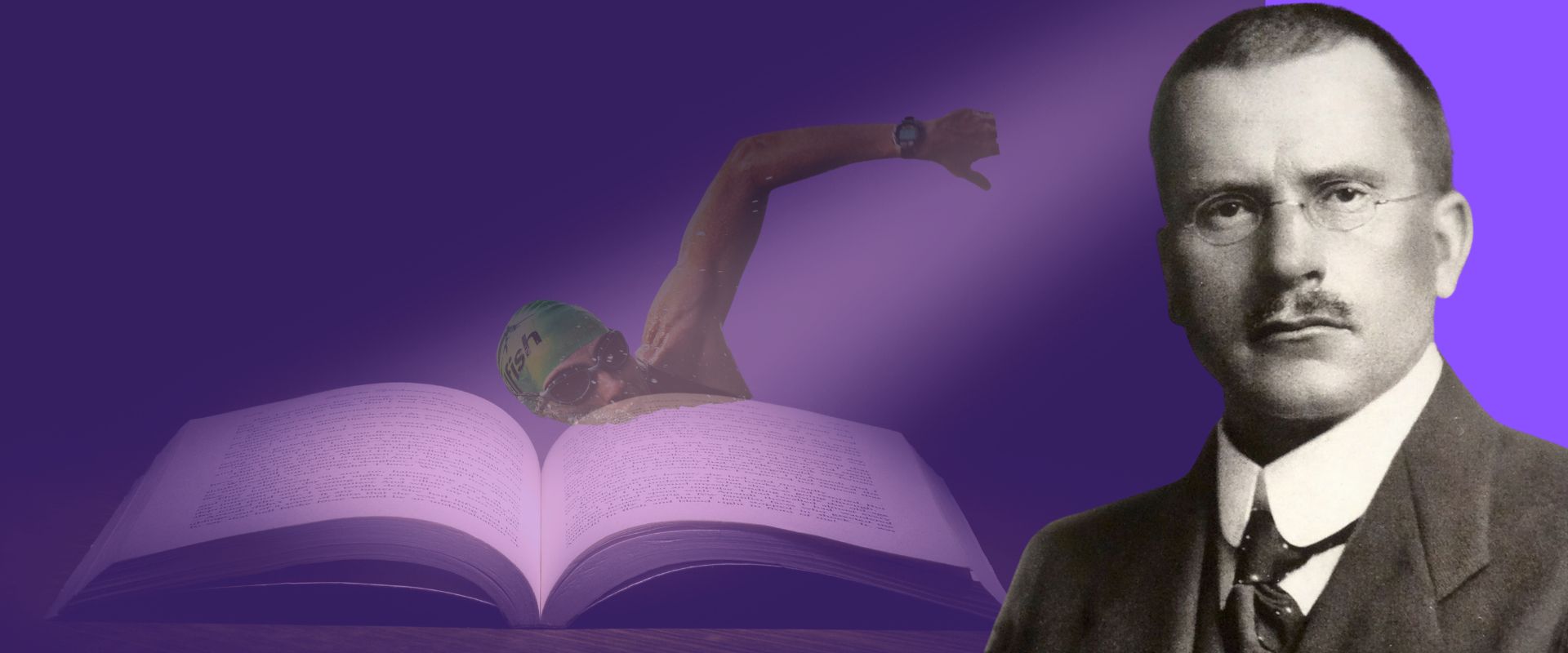Carl Jung, the famous Swiss psychiatrist who founded analytical psychology, offered a profoundly succinct piece of advice to those seeking to offer advice to others:
Beware of unearned wisdom.
Four words that carry so much weight.
And so much wisdom.
This profound quote got me thinking lately as to its exact meaning and how it concerns the way we conduct ourselves and opt to help others; whether as professionals, mentors, leaders, parents, spouses, peers or even friends.
“Here is how to provide effective feedback to your employees”, says the tech-savvy, self-proclaimed business coach who never worked in a real company before.
“Here is how to hold a truly difficult conversation with your partner” posits the eloquent (yet naive) 28 year old TED-X speaker who never committed to a long term relationship to this date.
“Here is how to deal with your kid’s tantrums” suggests the 24 year old kindergarten teacher who neither has any kids of her own nor has she attended any child psychology or effective parenting courses.
“Here is how to fire an under-performing employee” promises the 42-year-old Human Resources University Professor who never actually held a managerial or other responsible position in an organisation before.
Big words come and go cheaply and easily.
Bold promises often come from (not necessarily ill-intentioned) people who haven’t actually practiced what they preach nor engaged in actual life situations with their words of advice being put to the test.
And with the explosion of the internet and the “google-knows-it-all” paradigm, it is no wonder that many of us often feel tempted to borrow information, regurgitate knowledge, wear the superhero’s badge and run to the rescue of all those in our vicinity we may seek to serve, help or simply impress.
What if our words of advice are highly biased (note: they are), filtered and skewed in favour of our own personal needs, beliefs, and circumstances?
What if our nuggets of wisdom are inapplicable, incomplete, outdated or simply wrong in light of the specific cases at hand?
Are we prepared to shoulder the responsibility for the likely costs and damage to be caused by offering our untested knowledge and unearned wisdom?
As I write extensively in my last two books (and in particular the latest one), there is a very close interplay between learning and experience; or skill and challenge.
Learning without experience (as is skill without challenge) is forever incomplete.
Learning without embodied experience is similar to reading swimming related books and articles without actually immersing in a pool or sea so as to engage in the actual act of swimming itself.
Would you read such books to your 6-year-old kid and then throw them in the middle of a swimming pool without a coach actually around to help them learn how to stay afloat?
Many of us succumb to the temptation of what I call authority signalling; namely the tendency to offer advice so as to project ourselves as knowledgable, competent and capable -and thus worthy of respect- individuals.
Wisdom without personal experience is not wisdom at all; it is mere information.
True wisdom is forged when we gracefully rise and fall to the ever-looming challenges of life; when we voluntarily confront life and its terrors with bravery and radical open-mindedness; when we find the courage to reach for the light in the heart of darkness; when we dare to confront the dragon (our fears) so as to take the gold (our goals and dreams).
Don’t get me wrong:
Learning does help us motivate ourselves to pursue actual experiences in the fields of inquiry.
That being said, real wisdom can only be forged through embodied experience.
Embodied experience becomes our greatest teacher; and the only true source of meaning and genuine fulfilment.
PS: The phrase “beware of unearned wisdom” is often attributed to Carl Jung and is sometimes associated with the use of psychedelics. Jung’s warning refers to the idea that profound insights or experiences that are gained without the requisite personal development can be destabilizing or otherwise harmful. While Jung didn’t explicitly link this phrase to psychedelics, many people in the field of psychology and psychedelic research have adopted it to caution against the use of substances like LSD, psilocybin, or DMT as shortcuts to self-awareness or spiritual enlightenment. The idea is that such substances might offer profound experiences or insights, but without the context or emotional and intellectual maturity to integrate them into one’s life, they could prove harmful or misleading.
PS: Check out the 2nd Edition of my latest book The MARVEL of Happiness for several related ideas, concepts and themes concerning Carl Jung.


